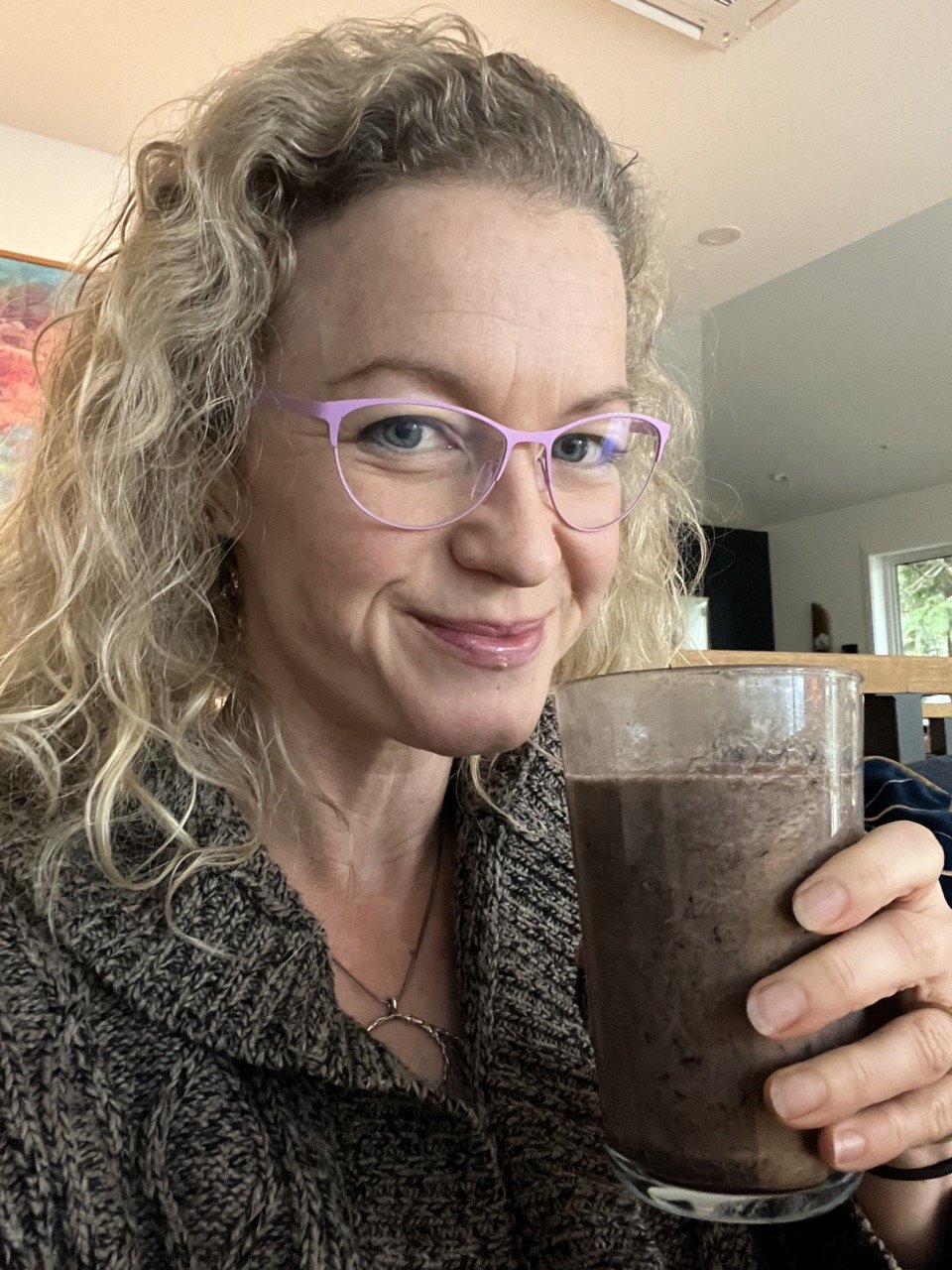Calories are NOT all created equal: let’s talk macronutrients 🍎
Ah, the faulty old “calories in-calories out” model that SO many women (and their trainers, doctors, etc!) are STILL following when it comes to weight management…
It makes no sense.
I get lots of questions about this topic, so I thought I’d do some writing for you.
(Thanks for asking questions! I read ALL of your emails personally)
Before we dive in, I don’t want you to get the wrong impression about me: I do NOT love dwelling on this topic (or even saying the word “calories”) because calories tend to be the focus of yucky diet culture, and that’s NOT what I’m about.
I NEVER EVER give clients prescriptive diets that have them counting or weighing anything. That 1. doesn’t work, 2. makes me sad and 3. it drives most people crazy.
The ONLY thing I’ll say that’s positive about understanding your rough caloric intake is that it IS helpful to understand approximately how much energy you’re taking in when you eat so you don’t overdo it…
Especially if you’re trying a new eating style, whether that’s a high protein, moderate fat, low carb thing or something like keto.
So what do I mean by “not all calories are created equal?” We’ll look at this from 2 angles.
1. Different types of macros/calories affect our bodies in totally different ways!
It’s wayyyyy too simplistic to think that 100 cals of protein does the same thing to your body as 100 cals of carbs or 100 cals of fat…
The three macronutrients — fats, carbs, and protein — affect your body in VERY different ways.
Not all calories were are created equal.
Take for instance a high-protein + low-carb style:
You might think that you’d be hungrier after eating a smaller, high-protein meal because your meal size is smaller, BUT…
That high protein meal is SO much more satiating (by weight) than a meal with the equivalent grams of carbs - you just can’t eat nearly as much on a high protein diet.
Why?
Because there are a few really magical things about protein:
Protein is VERY satiating - even MORE than fat - but it has FAR fewer calories, so it helps you feel more full with less food AND fewer calories.
Loving my post-workout chocolatey protein shake
This is partly because protein reduces your levels of the “hunger hormone” ghrelin…and women tend to have higher levels of grehlin in perimenopause!
It also boosts the levels of a “fullness peptide” called YY, which makes you feel full.
These effects on appetite can be very powerful: in one study, increasing protein intake from 15% to 30% of calories resulted in overweight women eating 441 fewer calories each day without intentionally restricting anything! Wild!
2. Different macronutrients have very different #s of calories per gram
A “calorie” is literally just a measure of the energy food can give us. (1 calorie is defined as the amount of energy needed to raise 1 gram of water temperature by 1 degree Celsius = ~4.2 joules. Old school.)
1g of fat = 9 cals
1g of protein = 4 cals
1g carbs = 4 cals
1 g of alcohol = 7 cals (woah!!)
…Notice that fat has way more calories per gram than carbs or protein…also, check out alcohol! CRAZY, right?
So, in practical terms, this means caloric density is VASTLY different between nutrition styles. For example, someone eating a keto diet (high-fat + ultra low-carb) you versus a standard Mediterranean diet would need a much, much smaller volume of food in general to satisfy their daily caloric needs. This doesn’t work well for some people - while fat is satiating, food volume can also be important for satiety (both psychologically and in terms of physical fullness).
Anyway, the bottom line here is that not all calories are created equal, and that’s partly because of how the different macros affect your body and their vastly different caloric density.
I hope this article has been helpful towards how you think about the ever-present and confusing question of “how / what do I eat?”
If you enjoy this content, please follow my socials @drmarypines! I read ALL your comments on everything, and appreciate you very much for engaging!
Like this? Please share it with your family, friends and anyone who you think could benefit. Free help is always a good thing!
If you’re a woman in her 40s who wants to go deeper and get my personal help to transform your health, balance your hormones, ignite your metabolism and lose weight the healthy, lasting way, check out my Better Beyond 40 Formula program - watch this video and book a free call so we can chat about what’s holding you back and come up with a winning plan for your success moving forward.
❤️



